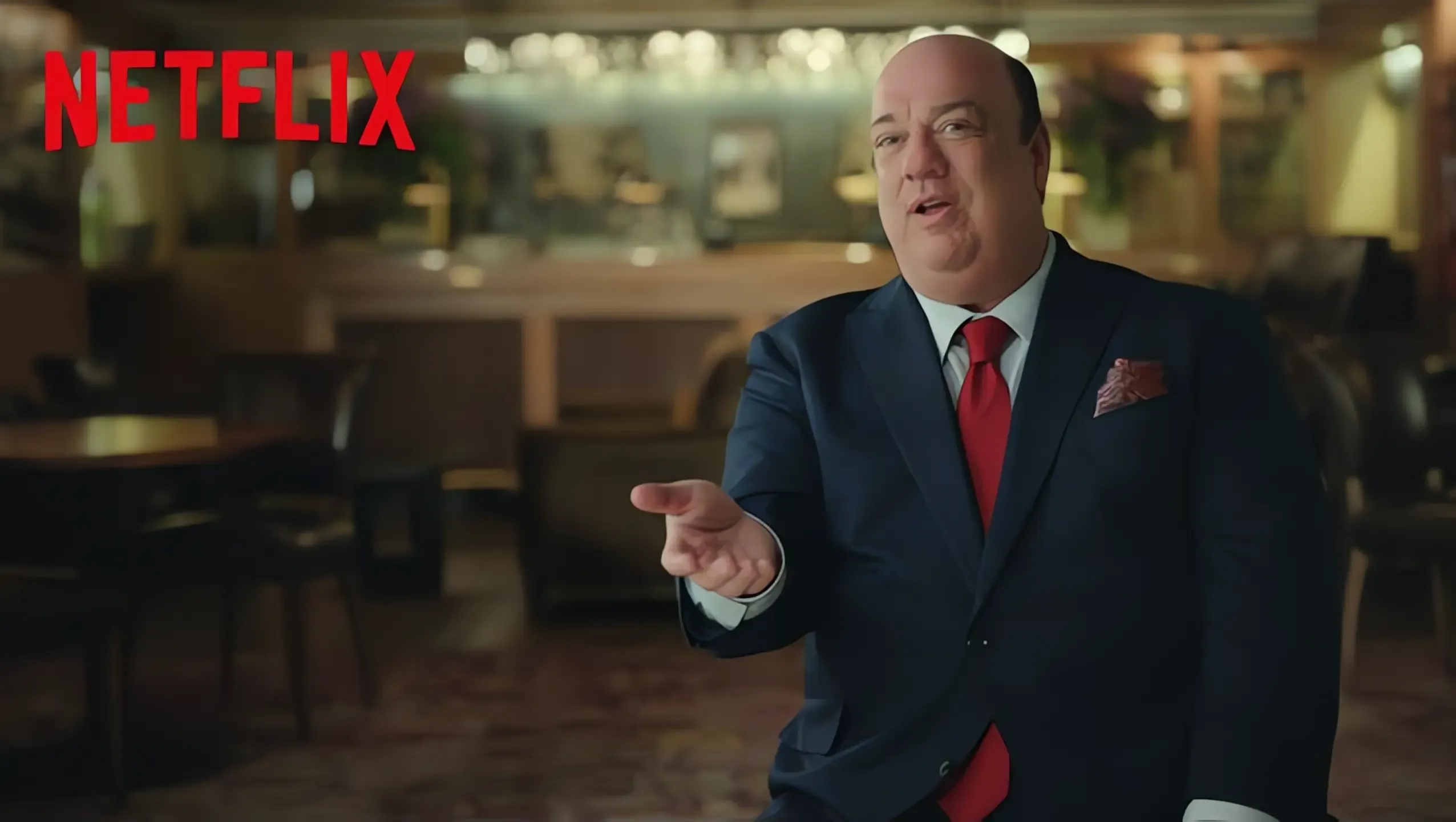The Company That Owned Vince McMahon: WWE and the Biology of Business

Mr. McMahon
Vince McMahon built the WWE into a billion-dollar entertainment empire. The recent Netflix documentary “Mr. McMahon” chronicles WWE’s evolution from a regional wrestling promotion to its $6 billion sale to TKO Group. As someone who loved wrestling as a kid, took a 30-year break, and then rediscovered it with my son, I found the documentary fascinating. Professional wrestling seems like an unlikely foundation for a billion-dollar business, which makes McMahon’s success all the more remarkable.
At one point in the documentary, the WWE is in trouble because it doesn’t have a character that fans love. McMahon’s solution is to build his own character as the evil boss who abuses the WWE executive characters played by his wife, son, and daughter. For years, his character consistently abused his family in worse ways until the company had a wrestler who was a big enough draw to be profitable.
As the documentary reveals McMahon’s increasingly dark on-screen character, Paul Heyman – a WWE executive with decades of experience building and running wrestling companies – observes, “Vince McMahon doesn’t own the company, the company owns Vince McMahon.” This observation carries more truth than meets the eye.
Companies are Biological Organisms
A company is literally a biological organism. Like your body is built of organs, a company is built of people. It has a central nervous system (leadership), immune system (culture), competing internal forces (like hormones), and organs (departments and assets). This isn’t just a metaphor – it’s a fundamental reality of how companies operate.
Companies react to their environment just as organisms do, though with added complexity since each part of a company has its own goals. Wanting your company to grow or become more profitable is like wanting your body to get stronger. In both cases, success requires developing good habits and putting in consistent work.
A biological organism attacks and eliminates viruses that threaten its survival. Similarly, a company must remove elements that threaten its success. These corporate viruses can be employees, assets, or entire divisions that harm the organization’s health. In both organisms and companies, survival depends on identifying and eliminating threats.
Understanding a company as a living entity changes how you treat it. Just as you wouldn’t expect a body to function without proper care, you can’t expect a company to thrive without respect for its natural processes. You must nurture its health, give it time to grow, and recognize that it can’t simply be commanded to change – it must be guided through transformation with patience and understanding.
When Paul Heyman said the company owned Vince McMahon, he revealed a deeper truth about all successful businesses. McMahon didn’t just build WWE – he became part of its organism, transforming himself to serve its needs. His willingness to play the villain, to put his family in the storyline, and to adapt constantly shows how thoroughly he understood that a thriving company shapes its leaders as much as they shape it.